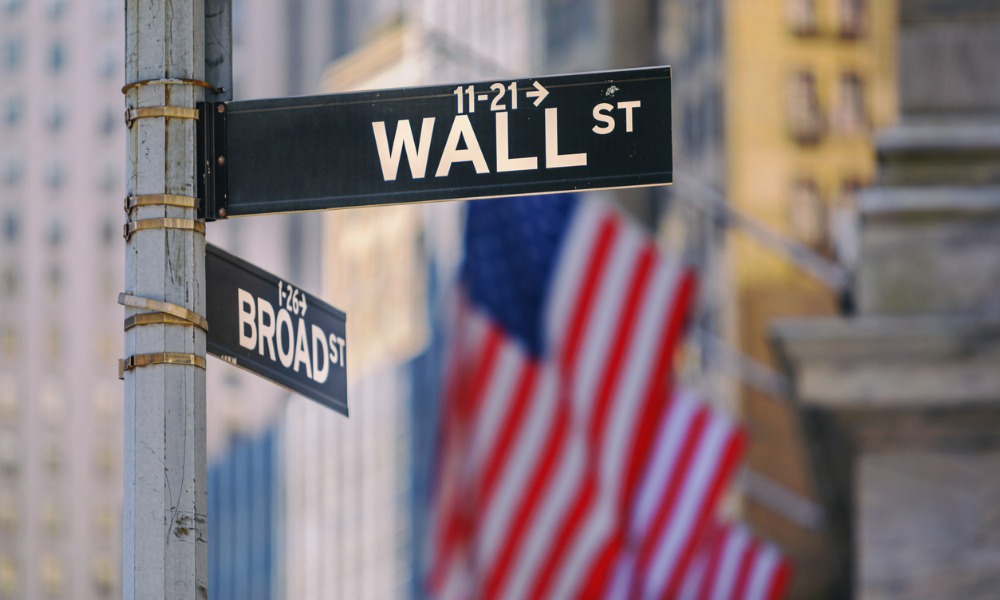

With Donald Trump pushing forward plans to impose widespread tariffs on nearly every U.S. import, Jamie Dimon, the CEO of JPMorgan Chase, warns that this “will likely increase inflation and are causing many to consider a greater probability of a recession.”
JPMorgan estimates the tariffs would raise core inflation by 0.5 percentage points in 2025, while dragging GDP down by more than 1%. According to Goldman Sachs, prices for everyday goods—like electronics, clothing, and appliances—could rise by as much as 3%. The U.S. imported roughly $3.9 trillion in goods last year, meaning Trump’s across-the-board tariff would essentially act as a $390 billion tax on businesses and consumers.
Still, as markets whipsaw and economist predict the worst, not everyone is panicking.
Greg Warner, chief investment officer at Adero Partners, a California-based wealth management firm, acknowledges the heightened anxiety among investors but reminds clients that market volatility—especially when politically driven—is nothing new.
“Our clients are very concerned in response to this volatility that we've seen, which is sort of a political, tariff-based risk,” Warner said. “But risk is always present—whether it’s economic, inflationary, credit-based, or geopolitical.”
Warner draws on past market shocks—the dot-com crash, the 2008 financial crisis, and the COVID-19 pandemic—to reassure investors that markets tend to rebound, even after sharp downturns.
“Each time we went through that; it was a different experience. But the result is ultimately the same: from those troughs, markets recover and go on to make new highs,” he explains.
Though the proposed tariffs could cool GDP growth and strain consumers, Warner stresses that the fundamental economic engine—consumer spending leading to corporate earnings and rising stock prices—remains intact.
“The key is having a globally diversified strategy, staying disciplined to it over time, being patient, and letting time work on your behalf,” he said. “This too will pass.”
While JPMorgan sees real risks on the horizon, Warner’s message to investors is clear: keep your eye on the long-term prize, not the headlines.

Also, Nitrogen has added Indivisible Partners to its integration network, while Wealthtender unveiled an AI-focused update to help boost advisors' online presence.

The giant hybrid RIA's latest East Coast move adds $175 million in recruited assets as it looks to offset broader advisor attrition.

Regulator is asking for feedback on how this might work.

President says he has a ‘couple of people in mind’ for central bank role.

Wall Street firm partners with Dutch online broker to fuel push into EU market.
Orion's Tom Wilson on delivering coordinated, high-touch service in a world where returns alone no longer set you apart.
Barely a decade old, registered index-linked annuities have quickly surged in popularity, thanks to their unique blend of protection and growth potential—an appealing option for investors looking to chart a steadier course through today's choppy market waters, says Myles Lambert, Brighthouse Financial.
